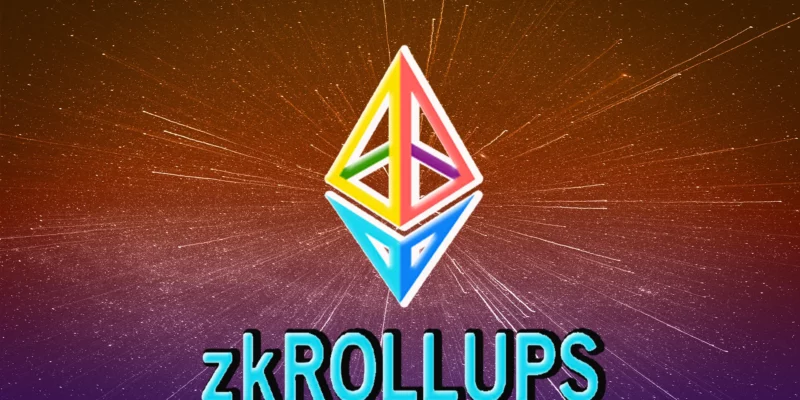- QED has become the world’s first blockchain platform to operate using the recursive zkRollups.
- zkRollups are considered a better alternative to optimistic roll-ups.
Ethereum has been facing scalability issues with high gas fees and slow network throughput. Scaling solutions are being sought after by developers and the community, with rollups emerging as a promising option. There are two main types of rollups: optimistic and zkRollups. While optimistic rollups have gained attention, they have been criticized for false claims and limitations. Carter Feldman, Medium post titled, “A Pessimistic Future for Optimistic Rollups”, clearly defines the false claims that come up with them. He targets them for advertising to inherit Ethereum-level security and prevent any malicious transactions. He also comments on the self-inconsistency that these rollups hold and calculated the scaling factor as 0.326. This is far from providing users scalability as on the Solana network and even farther from the dream of a Web2 level scalability. On the other hand, zkRollups improves scalability by moving transaction validations off-chain and providing a summary with proof to the mainnet chain. Here, thousands of transactions are bundled into batches and then processed off-chain. This reduced the burden on the main chain. Rollup operators present a summary of their work, along with validity proofs containing cryptographic certainty of their honest work, instead of posting all transaction details on the main chain.
Optimistic rollups require all the transaction details to be posted on the main chain. Seeing the potential in zkRollups several networks were developed to provide the services. Recently, the world’s first ZK-based blockchain was announced.
QED, the zk2.0 Native Blockchain
The announcement was made by Open Asset Standards (OAS) , a startup with Carter Feldman as the CEO. OAS is the world’s first zk-based smart contract platform and the launch of QED shows a bright future for zkRollups in the future of blockchain space.
The platform uses recursive zk proofs (ZKP) where the submitted proof is again verified using zk proofs (hence the name recursive). This helps the protocol to only rely on Proof of Math, instead of the current Proof of Stake-based incentive methods.
This approach makes the protocol horizontally scalable, not limited by a fixed number of transactions per second (TPS), enabling fast throughput time. It can serve a billion users with just a single block, allowing users to validate their transactions in milliseconds.
The QED platform adopts a developer-focused approach and introduces Dapen, an Integrated Development Environment (IDE) that supports smart contract development in Javascript and Python. Previously Solidity, the native Ethereum language could only be used, however, it was not common among developers.
Conclusion
Daopen has also joined hands with Machine Learning( ML) tools to help non-technical people write and execute smart contracts, in simple English. The QED platform is backed by Sparkle Ventures and if it stands on the promises, it can see a huge market in the gaming industry, where millions of gamers play together and gaming studios need a strong platform to support them.


Comments